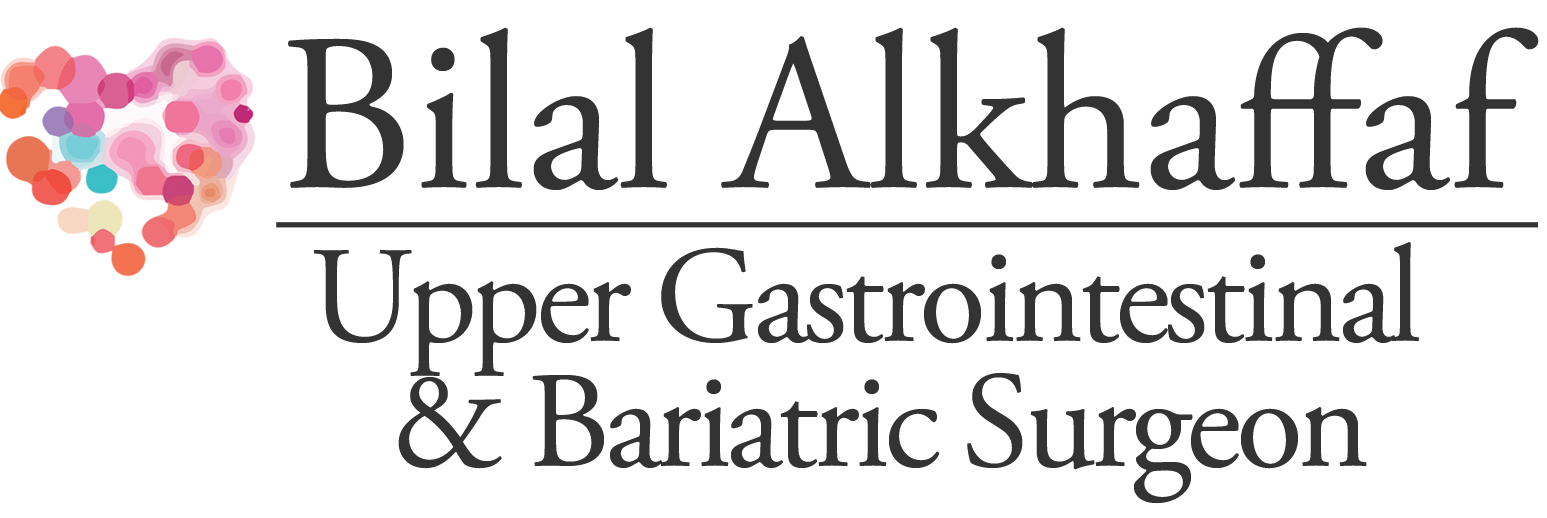
Patients undergoing hernia surgery often want to know about the ‘do’s and don’ts’ following their operation. Here we cover the common questions asked about recovery following the commonest types of hernias.
Q: What is a Hernia?
A hernia is an abnormal bulge which protrudes through a weak spot, most commonly in the abdominal wall or groin. Hernias can be repaired using a ‘open’ incision (wound) or by using laparoscopic (keyhole) surgery which usually results in less pain and a quicker recovery.
Q: How Long Will it Take to Recover?
As with most surgery, every patient is unique, and as such, symptoms and time to recovery can vary. However, most patients undergoing a simple and non-complex hernia repair usually achieve full recovery by 4 weeks.
Q: What Can I Expect During My Recovery?
Week 1
You will have some mild to moderate pain in the first week which should be well controlled by simple pain killers such as paracetamol and Ibuprofen. You should be out of bed, remain mobile and stay well hydrated. By the end of the first week, you should be walking without limitation and have resumed your basic daily functions such as showering/bathing and going shopping (ensuring that you do not carry heavy bags). You should not exercise during the first week.
Week 2
During the second week, you will have resumed most of your daily activities around the house and most patients are able to return to work on limited duties. Most patients take this second week off work as well. Light exercise such as jogging, cycling, yoga and pilates can be started.
Week 3
By the third week, there should be no discomfort and you should be back to work on full duties so long as you are not lifting anything heavy. Most exercise and sport can be restarted.
Week 4
By the fourth week, your recovery should be complete. You can expect to be able to return to all sports, including contact sports and heavy weights in the gym.
Q: How Long Should I take Off Work?
Your return to work depends on what your work entails. If you have an office job which involves limited activity, then you could return to work in your second week after surgery, assuming your pain is well controlled. If you have an active job that involves straining, twisting or heavy lifting (anything over 10kg), you will need to take at least two weeks off work. Even after returning, you must ensure that your duties are modified until your four-week recovery period is complete.
Q: When Can I Start Exercising or Sports?
Walking is encouraged in the first week of recovery. However, light exercise can commence in week two. More strenuous exercise which involves twisting or using your core muscles (e.g. golf) can be commenced in week 3. By week four, you should be able to return to all contact sports and heavy weight-lifting at the gym.
Q: When Can I Drive Again?
The time it takes to restart driving varies from patient to patient. Having said that, most people are able to start driving in their third week of recovery. The important principles remain that you must be in full control of the vehicle and able to undertake an emergency stop. This responsibility lies solely with the patient and if you have any concerns, please contact your insurance company.
Q: When Can I Start Having Sex?
You can usually restart sexual activity in the second week of your recovery, assuming your pain has subsided. The same principles apply to sex as with all other activities; do not overly exert yourself in the initial stages of your recovery and stop if you feel pain.
Q: When Can I Shower?
This depends on the type of dressing you have on your wound. Mr Alkhaffaf usually uses skin glue which means that your wound is immediately water-tight and allows you to shower the day after surgery.

Mr Bilal Alkhaffaf is a consultant surgeon with a specialist interest in minimally invasive (keyhole) surgery. His area of expertise includes cancers of the upper gastrointestinal tract (oesophageal and gastric cancer), digestive conditions (acid reflux, hiatus hernia and achalasia), gallstones and hernias.
If you would like to arrange a consultation with Mr Alkhaffaf, please call us on 0161 447 6766 or click here.
